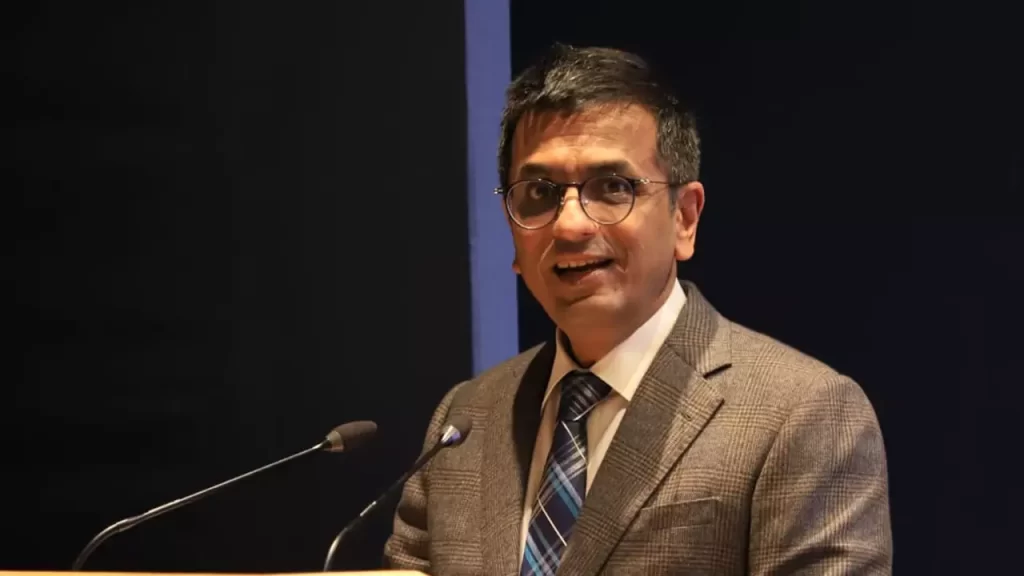Jahanvi Agarwal
Four prominent Supreme Court Justices, including three potential future Chief Justices of India, have underscored the critical need to confront climate change head-on. They have put forward several proposals aimed at addressing this pressing issue. Their collective stance reflects a deep concern for environmental sustainability and the impact of climate change on our society and future generations.
Justices Surya Kant, PS Narasimha, Sanjay Karol, and KV Viswanathan discussed the critical need to confront climate change during the launch of the book “Climate Change: The Policy, Law and Practice”, written by Advocate Jatinder Cheema, on (date).
Justice Viswanathan emphasized that for a developing nation like India, laws that solely focus on reducing carbon emissions might not be sufficient. “It has been recorded that 2011 to 2024 was the warmest period. This is a problem here and now and is a serious existential threat. Scientific reports also state that now it is the warmest since the last 1 lakh years,” he said. “Countries regulate their law just to focus on carbon emissions but it is felt that for a developing country like India that may not be the best model. The Supreme Court in the Ranjeet Singh judgment held that citizens have a right to save themselves from the adverse effect of climate change.” He also suggested the need for a permanent Climate Commission in India, akin to NITI Aayog, to address climate issues comprehensively.
Justice Kant brought attention to the environmental violations often perpetrated by developed countries. “Some developed countries often export their plastic waste to developing countries. Developing countries including India have taken steps to prevent ecological damage and taken measures to reduce carbon emissions,” said Justice Kant. He expressed hope that the Indian legislature would take proactive steps to enact laws combating climate change.
Justice Karol highlighted the detrimental effects of overusing fertilizers and excessive groundwater irrigation on climate change and agriculture. “Successive governments have spent a lot to clean the Ganges, and we know what is the condition now,” he remarked.
Justice Narasimha emphasized the necessity of internal transformation within individuals. He asserted that without this internal change, laws would be ineffective, resulting in people merely filing petitions at the National Green Tribunal. Advocate Cheema shared that his book seeks to offer a thorough resource on legal frameworks related to climate change. His goal is to gather all legal frameworks concerning climate change, adaptation, resilience, and mitigation, both nationally and internationally, into one volume. This compilation aims to be a crucial resource for anyone dedicated to fostering positive change in this area, including policymakers, activists, legal scholars, and practitioners. The book’s foreword was written by Justice Dalveer Bhandari, a Judge at the International Court of Justice in The Hague.

